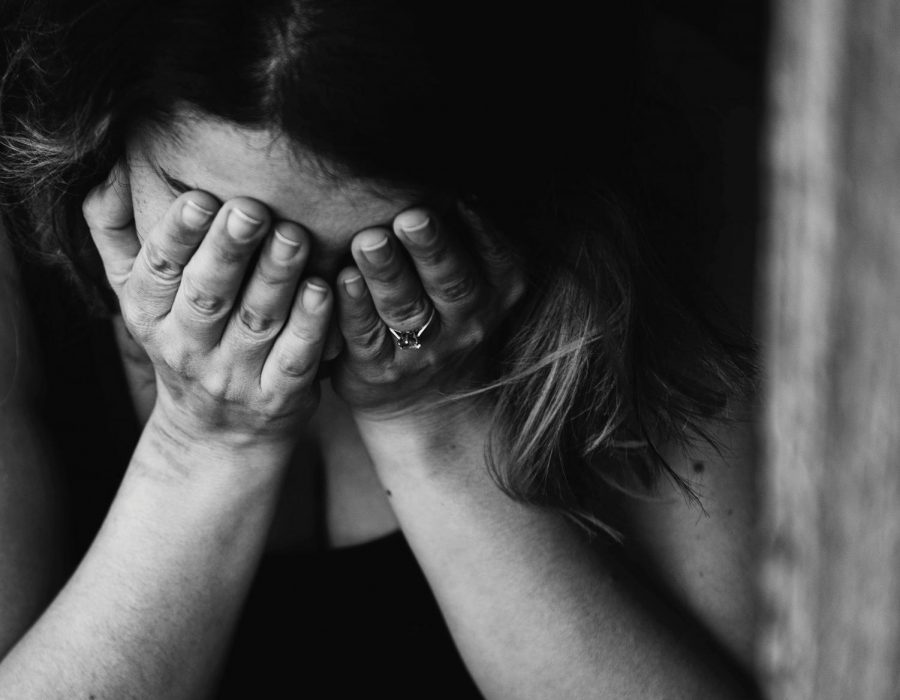Why we must believe women
Opinion columnist Jack Ave discusses the societal trivialization of female pain, and how this damages women’s believability in serious situations.
Oct 4, 2018
‘Who do I believe?’
This loaded question looms over every observer when sexual assault allegations are made public. With the growth of the #MeToo movement as well as the recent public accusations against SCOTUS nominee Brett Kavanaugh, it seems that the way we approach ‘belief’ in one person or another is becoming increasingly more important.
#WhyIDidntReport has become a trending hash tag on Twitter in the past several weeks. The vast number of personal testimonies (mostly from women, people of color and gender minorities) demonstrated a disturbing trend of not being believed. For most, it was “ignorance of their pain.”
While assault allegations in the media have become polarizing and partisan, the disbelief of experiences happens more frequently than some of us realize.
A recent UNI alumnus, Laticia Aossey, has been diagnosed with multiple severe chronic stomach problems.
“Most of my life, I was told it was just in my head,” Aossey said in a recent interview where she described a long history of her chronic pain being ignored.
Aossey recalled her struggle to be believed by doctors who were supposed to treat her.
“I was told for years that I didn’t have stomach problems, like they said I was eating something wrong or it was just because of my nerves because I was ‘upset.’”
Unfortunately, Aossey’s experience is one that many women experience. The dismissal of female pain is a trend that is empirically confirmed.
University of Rhode Island researcher, Karen L. Calderone, found in a study she conducted that women are half as likely as men to receive pain killers after surgery because doctors often do not take their complaints seriously.
According to Joe Fassler of The Atlantic, “Nationwide, men wait an average of 49 minutes before receiving an analgesic for acute abdominal pain. Women wait an average of 65 minutes for the same thing.”
It now seems that when asked the question “Who do I believe?”, we should think more carefully about how we respond.
The choices we make about who we believe may seem insignificant. It may be convenient to dismiss someone’s pain, just as it is more convenient for doctors to send hurting patients home.
However, the question of whom we believe isn’t supposed to be a convenient question. Who we choose to believe and not believe changes the way we view the world and the way we think about other people’s pain.
Patricia Hill Collins, a professor of sociology, argues that, “epistemological choices about who to trust, what to believe and why something is true are not benign academic issues. Instead, these concerns tap the fundamental question of which versions of truth will prevail and shape thought and action.”
Our individual choices have real ramifications. Whether it’s in the medical field, courtroom, or even the voting booth, we must believe the pain of others and take it seriously. We must be critical when we ask ourselves whom we believe and why we believe them.
It took years for Laticia Aossey’s pain to be believed. Her doctors often made the choice to give an easier, more convenient answer.
Aossey remembers how frustrated she felt when her pain wasn’t believed. “They’re not taking us seriously,” she said. “…To be told that something that you feel everyday isn’t valid, to be told that the pain that you’re in in that moment isn’t there…how are you supposed to feel about that? It’s ridiculous.”








